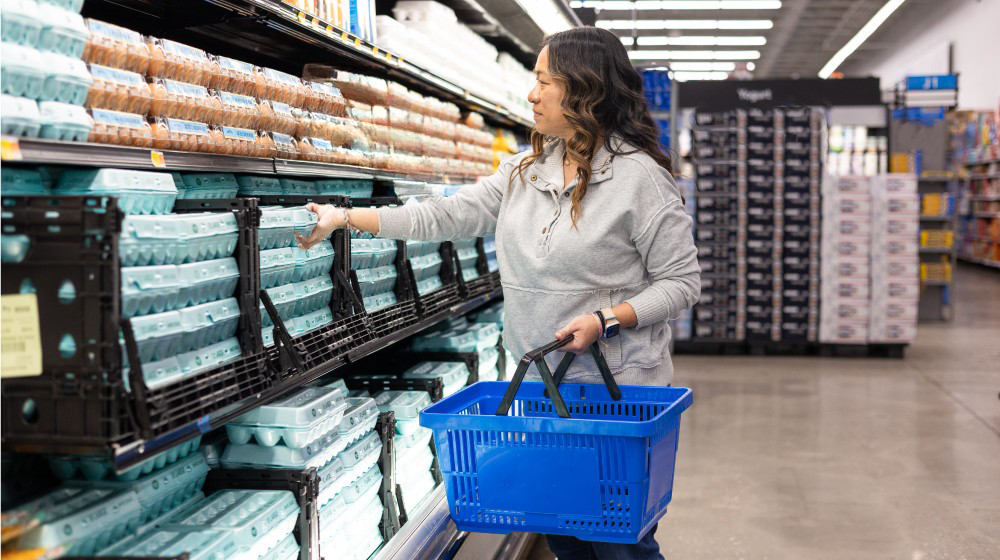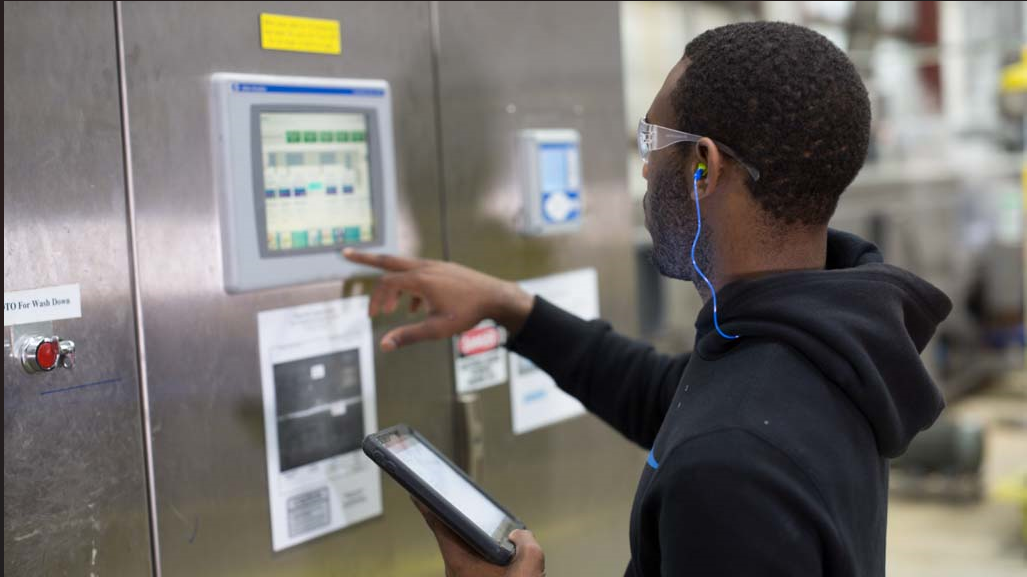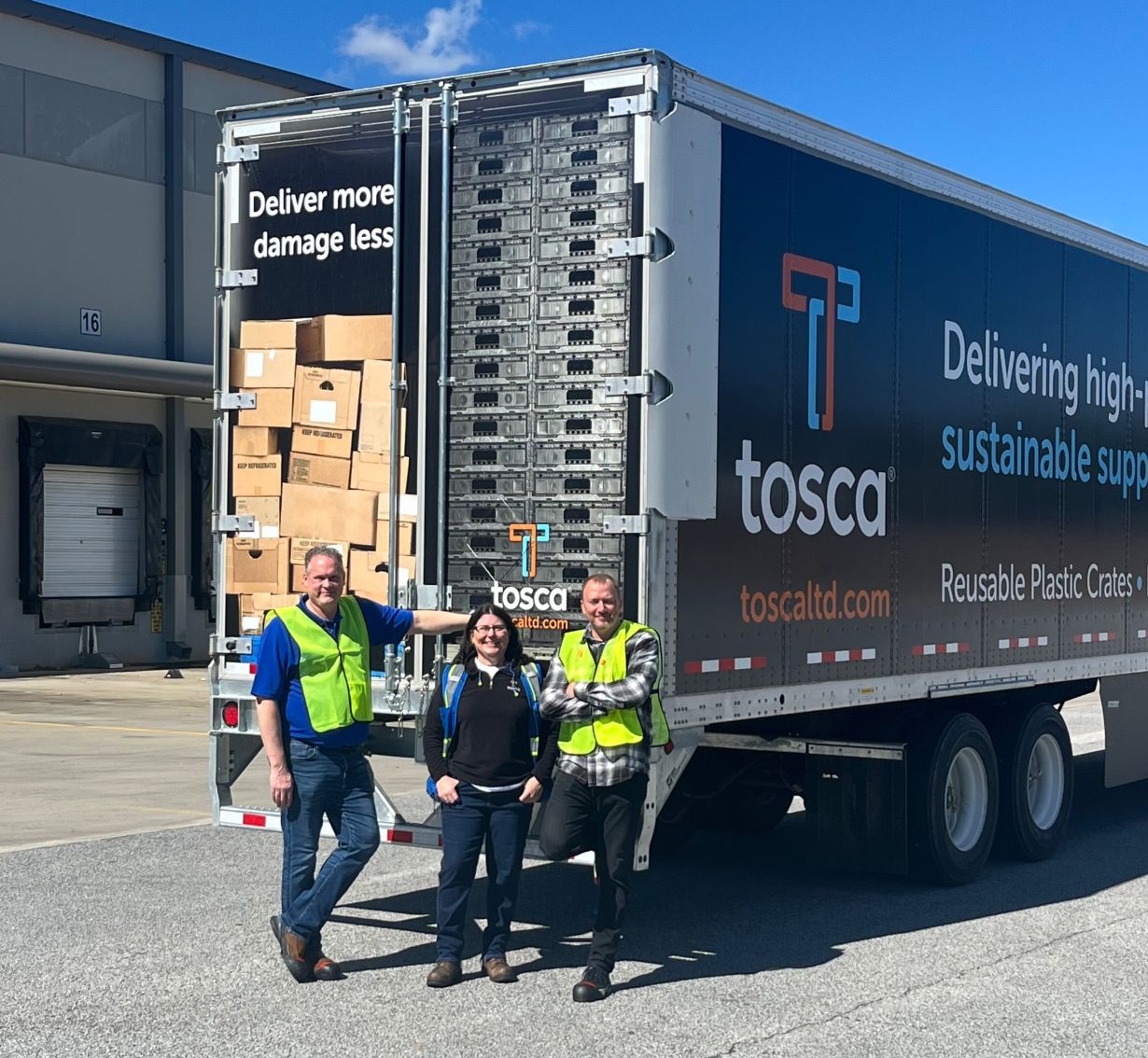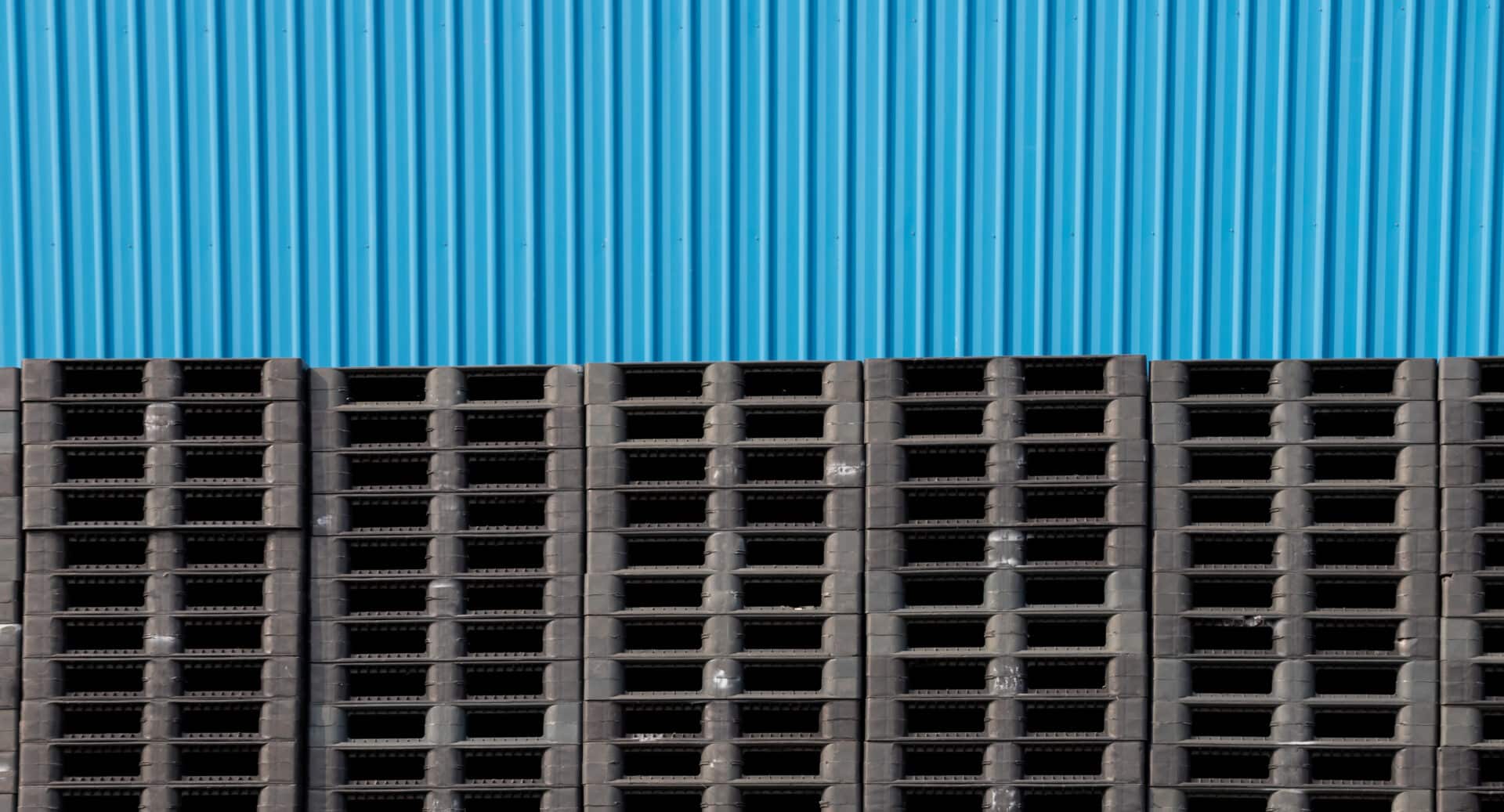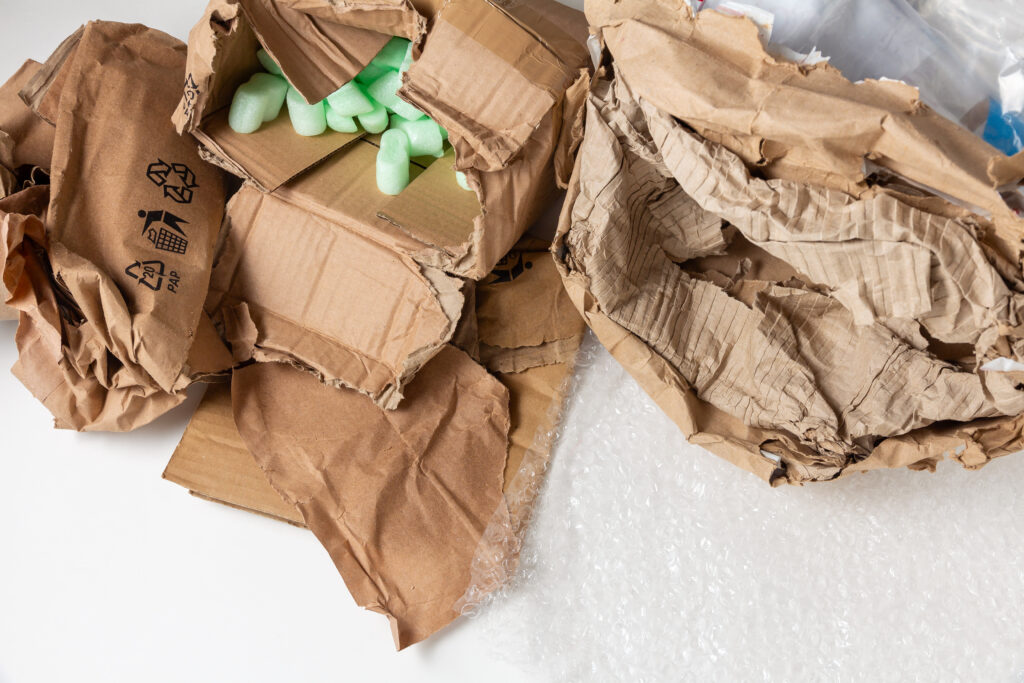In this article
Now that Brexit has officially gone into effect, ISPM-15 will create significant shipping disruptions between the UK and EU, as all wood pallets will need to be heat treated to prevent the spread of disease and insects internationally. Long lines, shipping delays, and overall supply chain waste are in the near future of retailers, suppliers and operators all over Europe – all of which can be avoided with a plastic pallet solution.
From a practical standpoint this means that every pallet that enters the EU from the UK must take this extra step in order to cross a border that is only now coming into existence. And with non-compliance threats including fines, barriers from entry, and even the destruction of product, this is one line everyone will have to stand in. Brexit’s change to shipping standards is likely to cause major slowdowns at the border as the UK does not currently have the bandwidth to efficiently heat treat all of the pallets passing into the EU every day. If wood pallets function as a major component in your supply chain, you could be looking at weeks of line-waiting and nail-biting. In other words, a whole step in the process must be calculated into a system that has functioned for years without it. The Chunnel wasn’t built in a day, so don’t expect wood pallets to get over the English channel any easier now that Brexit has gone into effect.
Fortunately, plastic pallets don’t need to be heat treated and with one quick switch you can skip the line and all the heat-treatment fees. Not that you need to see anything else to be convinced, but there are several other reasons plastic pallets are changing the supply chain game all over the world. Wood pallets have been a staple in supply chains for decades, and it is way past time for an upgrade. Here are four reasons to implement plastic pallets in your supply chain.
Plastic pallets don’t need to be heat treated to comply with ISPM-15
This isn’t just a silly loop hole that will disappear once it is discovered. Because plastic doesn’t harbor pests or absorb moisture like wood, they are actually safer and more hygienic. Not only does this help product fly through hygiene regulations like ISPM-15, but it also keeps facilities cleaner and reduces the risk of food contamination.
Plastic pallets help reduce hidden costs
For one thing, wood pallets must be replaced and repurchased over and over again. However, they also drive cost inefficiencies throughout supply chains in other ways as well. Wood pallets have high damage rates, generating all kinds of costly issues in warehouses and while in transit. In some cases a broken pallet causes damage to the products it carries, allowing them to tip over or fall. Broken pallets also mean stray nails on the floor, popping forklift tires or affecting the health and safety of workers. For a more relevant example, wooden pallets in the UK now need to be heat treated, a process that is neither free nor time efficient. And, once a pallet breaks, it needs to be cleaned up and disposed of, a process that is both time consuming and space inefficient.
Plastic pallets solve all of these issues. Built to last, not to break, they stand up to the weight of the product it holds for however long it needs. This durability eliminates the issue of damaged material, stray nails, or clean up, saving you money all along the way.
Plastic pallets drive operational efficiency
Featuring several advantages that wood pallets could never provide, plastic pallets are an efficiency boosting technology that is changing the game for many supply chains. Half the weight of wood pallets and traceable with IoT technology, Tosca’s plastic pallets are built to be a benefit to modern supply chains instead of a curse.
Plastic pallets reduce waste
Last, but not least, in a world defined by over-consumption and waste, plastic pallets offer a sustainable alternative to wood pallets. Instead of constantly-breaking disposable pallets, your supply chain can use a durable, longer-lasting alternative that stays strong for hundreds of trips and can handle heavier loads. Once one of our pallets has made the journey through hundreds of supply chains and is ready to be decommissioned, it is reduced to material and recycled to create new pallets for the cycle to continue all over again.
Brexit has arrived and so have the expected ISPM-15 regulations that require all wood pallets to be heat treated. This is on its own a reason to consider the value of plastic pallets and skip the line with one simple change. However, there are many reasons to switch to plastic pallets that will bring efficiency to whole new areas of your supply chain.
Reach out to our sales team to learn more about the ways plastic pallets can benefit your supply chain.






